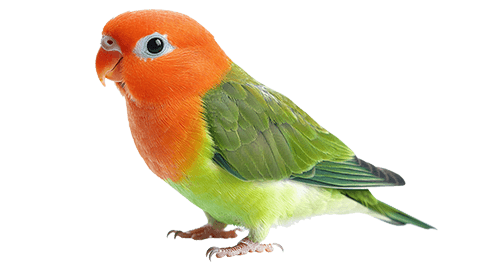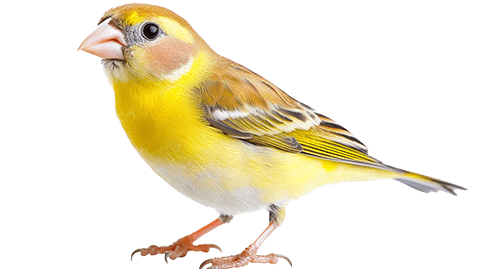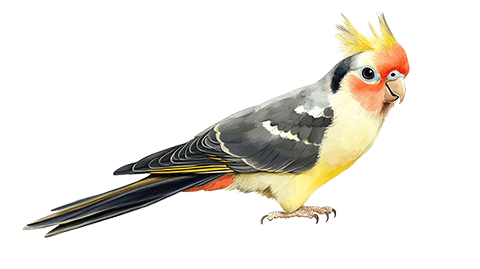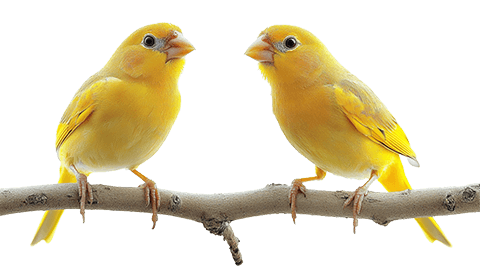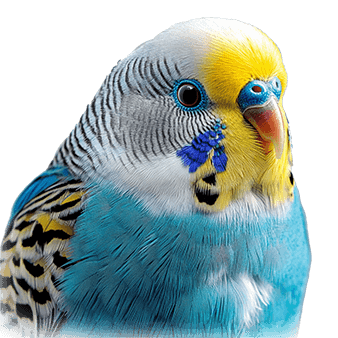Parrots: Fascinating, Intelligent, and Full of Personality
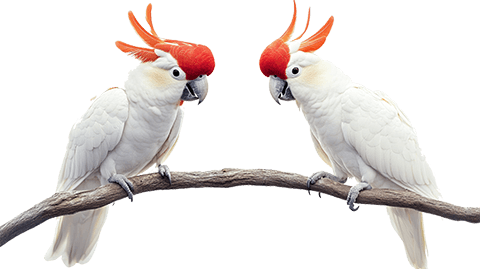
Parrots are some of the most captivating creatures in the animal kingdom. Known for their vibrant feathers, sharp intelligence, and remarkable ability to mimic sounds, these birds have formed a unique relationship with humans over centuries. If you’re curious about what parrots are really like, what they enjoy, and how they connect with people, you’re in the right place!
What Do Parrots Do?
Parrots are highly active and social birds. In the wild, they spend their days foraging for food, flying long distances, grooming themselves, and communicating with their flock. They are naturally curious—constantly exploring their surroundings with their beaks, feet, and, of course, their voices.
Their sharp minds keep them constantly engaged—they need a lot of stimulation to stay happy. In captivity, this translates to playing with toys, solving puzzles, and interacting with their human companions. Parrots are quick learners and often enjoy learning new tricks, which can range from simple commands like stepping onto a hand to more complex behaviors like dancing or solving problems.

What Do Parrots Like?
Parrots love a variety of things—both mentally and physically stimulating. Some of their favorites include:
- Toys: Parrots need toys that challenge them, especially ones that they can chew on or figure out, like puzzle feeders. Without toys, they might get bored, which can lead to destructive behavior like feather plucking.
- Socializing: These birds are incredibly social and crave interaction. They bond closely with their humans and can form deep emotional connections. Loneliness can be a serious problem for them—especially if they don’t get enough attention.
- Mimicking sounds: Many parrot species, like African greys and Amazon parrots, are excellent mimics. They enjoy picking up sounds and words they hear around them—sometimes repeating them at the most unexpected times!
- Food: Parrots love fruits, vegetables, nuts, and seeds. While seeds are a staple, their diet should be well-rounded to include fresh produce. Some parrots even have a taste for spices—yes, you read that right! Bell peppers and chili peppers are common favorites, and they can handle the heat like pros.
The Human-Parrot Relationship
Parrots have been companions to humans for centuries. Their long lifespan—some species can live up to 80 years or more—means they often become part of the family for a significant portion of a person’s life. This bond can be incredibly strong.
However, this also means parrots require a lot of commitment. They’re not like other pets that are happy with minimal interaction—parrots thrive on routine, companionship, and mental engagement. Owners need to spend time talking to, playing with, and training their parrots regularly to keep them healthy and happy.
Their ability to mimic human speech often enhances the bond between humans and parrots. While not every parrot species talks, many, like the African grey, are famous for their conversational abilities. These birds can pick up on words, phrases, and even tone of voice, making them entertaining companions. Some parrots can even match the sound of their owner’s voice!
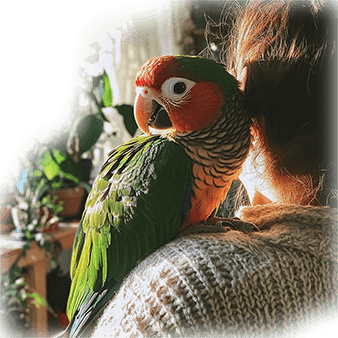
Activity Levels—Parrots in Action
Parrots are highly energetic birds, and they need plenty of space and activities to stay fit. In the wild, they fly for miles every day, so it’s essential for them to have space to stretch their wings even in captivity. Many parrot owners give their birds time outside of their cages to fly or climb around.
Parrots also enjoy climbing and swinging. Their strong feet allow them to grab onto branches or perches with ease, and they often use their beaks to assist with climbing, giving them the agility to move around effortlessly.
On top of physical activity, parrots need mental stimulation. They’re natural problem-solvers and enjoy activities that challenge their minds, like solving toy puzzles or learning new tricks. An idle parrot can become destructive or depressed, so keeping them engaged is key.
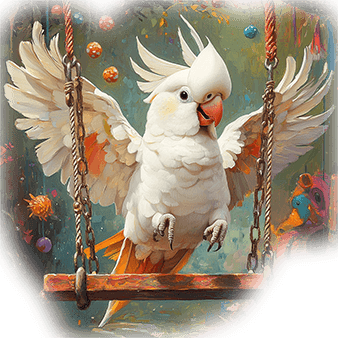
Interesting Facts About Parrots
Parrots come in all shapes and sizes, each with their own unique quirks. Here are a few fascinating facts about these birds:
- Macaws: The largest parrot species—Macaws are known for their bright plumage and playful personalities. They can grow over 3 feet in length (including their tails) and have incredibly strong beaks, which they use to crack open hard nuts.
- Cockatoos: These parrots are famous for their crests, which they raise and lower depending on their mood. Cockatoos are highly affectionate and crave constant attention, sometimes to the point of becoming clingy!
- African Grey Parrots: Often considered the most intelligent of all parrot species—these birds have been studied extensively for their cognitive abilities. African greys can develop large vocabularies and even demonstrate a basic understanding of words.
- Budgerigars (Budgies): One of the smallest parrot species, budgies are incredibly popular as pets. Despite their small size, they are lively and social, and some are quite capable of learning to talk.
- Parrotlets: The tiniest parrots—don’t let their size fool you! Parrotlets are known for their feisty and curious personalities. They’re like mini versions of larger parrots, full of energy and attitude.
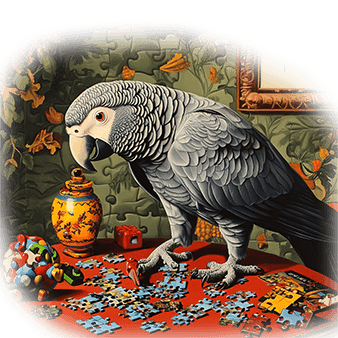

Final Thoughts
Parrots are truly remarkable creatures—intelligent, social, and full of personality. They require dedication and care, but the bond they form with humans can be incredibly rewarding. Whether it’s their ability to talk, their playful antics, or their stunning colors, parrots have a way of captivating our hearts.
If you’re thinking of getting a parrot or simply want to learn more about them, remember—they’re more than just pretty birds. They’re smart, emotional creatures that need plenty of attention, activity, and love to thrive.
Further reading: “Parrot Parenting: The Essential Care and Training Guide to +20 Parrot Species” (Amazon affiliate link) by Carol Frischmann.
Affiliate Disclosure
This post may contain affiliate links, which means I earn from purchases made through links. Please see the privacy policy page for more details.

